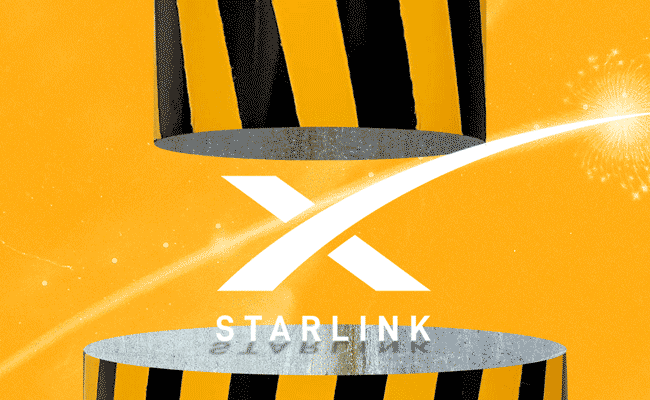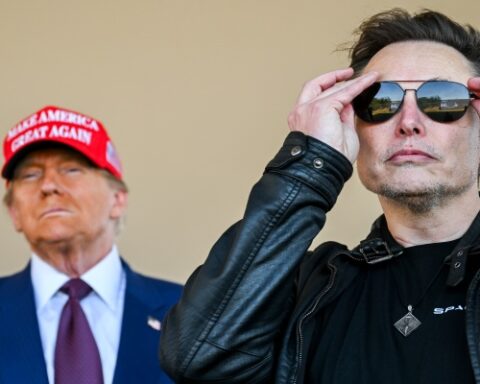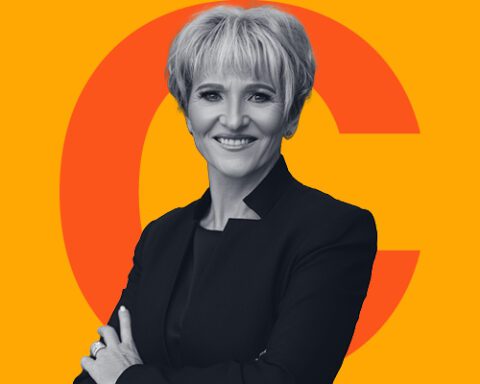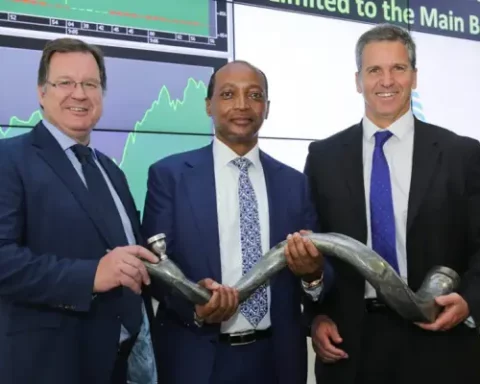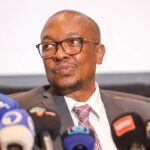There is intense soul-searching taking place at communications regulator Icasa – and at the heart of it sits a 54-year-old man born in Pretoria in 1971, whose parents nearly called him Nice after the town in France where he was conceived.
“History may have been different, or at least amused, if the boy had to go through life with the name Nice Musk,” wrote Walter Isaacson in his biography of the founder of SpaceX, Tesla and PayPal.
Yet it is Musk who has concentrated the minds of South Africa’s communications regulators like never before, shining an unforgiving global spotlight on how an unbending bureaucratic shiftlessness is thwarting its own citizens.
The issues are simple enough. Starlink, a satellite internet service owned by Musk’s SpaceX, wants to begin operating in South Africa – and its ability to provide broadband services to the 20% of rural South Africans still condemned to the technological ice age is a compelling enough carrot for any government official with any sense.
The problem is, Icasa requires any communications provider to have a licence, and it won’t grant that licence unless an applicant is at least 30% owned by historically disadvantaged people. And Starlink, itself 42% owned by a man who has aligned himself with a US president dead set on dismantling race-based equity rules, was never going to concede to that.
“Why do you have openly racist ownership laws,” Musk challenged Cyril Ramaphosa on social media earlier this month, when South Africa’s president tried to defend the country’s decision to pass the Expropriation Act.
In the face of this pressure to license Starlink, Icasa has deferred to the rule book. The regulator’s chair, Mothibi Ramusi, told ITWeb some months back that “our licencing process is fairly clear and one will just have to conform to the requirements”.
But a number of things have altered the odds of Icasa ultimately changing the rules – not least of which is that, since July, the department of communications has been presided over by a minister from the DA, Solly Malatsi, who is far more sympathetic to Musk’s argument.
Malatsi is inclined to support an “equity equivalence programme”, in which a company does not have to sell an ownership stake, but can take other actions designed to boost transformation, like using Black suppliers. These sort of programmes, Malatsi has said, “can help in expanding broadband connectivity”.
There is precedent on his side too. Malatsi cites the example of the automotive sector, where companies like Ford, Mercedes-Benz and Audi are not compelled to sell a stake in their business, but can undertake investments under an equity equivalence programme.
But he is mindful that the government “doesn’t create what could be perceived as special regulatory regimes for certain players”.
That’s a noble sentiment – but when the “certain player” is Musk, it is somewhat inevitable that all the theoretical discussions around communications licences end up back at Starlink, and how to engineer a way to allow it to begin operating here.
‘Out of step with national policy’
The message that South Africa’s government ought to demonstrate some flexibility, delivered at 1,000 decibels on social media, has at least got through to Icasa, which held hearings in recent weeks into how a licensing regime for satellite services ought to work.
“We are still on a fact-finding mission,” Thabisa Faye, chair of those Icasa hearings, told SABC News. But she would not say whether the regulator is considering making room for equity equivalence in its licensing regime.
“Icasa unfortunately does not regulate through the media, so until we receive a formal policy directive from the minister, we cannot respond to the minister’s media publication around equity equivalence,” she sniffed.
This sort of response underscores the impression of an unhelpful bureaucracy. “We follow the law – we are not pronouncing on Icasa’s view, this is what the law of the country says,” one Icasa staffer told Currency this week.
Musk’s company was due to participate in the hearings on the licensing regime, but withdrew at the last minute.
But SpaceX did file a 16-page response to Icasa in which it was crystal clear that if Icasa persists in demanding 30% Black ownership, “it will have the effect of excluding international investment by emerging technologies”.
In an excoriating criticism of Icasa, Brandi Oliver, manager of market access at SpaceX, said the regulator’s rules are “out of step with national policy” as well as the government’s own code governing the technology sector.
“Many foreign satellite operators, particularly those with direct-to-consumer business models, have global policies that prevent local shareholding, thus excluding them from the South African market,” said Oliver. “This holds true even when these operators are willing to comply with broad-based Black economic empowerment requirements, and invest in initiatives that directly benefit the target communities.”
Rather, SpaceX argues, this should be aligned with the ownership rules in the ICT sector code, which allows equity equivalent programmes, meaning foreign operators can invest in other empowerment initiatives to meet their targets.
“This would not only increase foreign investment in South Africa but would also create broader industry benefits, supporting innovation, competition, and long-term growth,” she said.
Icasa “erred”, Oliver said, by saying that ownership is the only factor that counts, since the notion of empowerment is “far broader” than simply ensuring there are Black owners. Instead, the regulator should ensure its licensing rules contribute towards South Africa’s “national policy goals”.
“The SpaceX/Starlink track record in other African countries speaks for itself, and it and other multinational satellite operators could make a meaningful contribution to digital transformation and achieving the SA Connect broadband targets, while also making a significant contribution to Black economic empowerment,” she said.
And yet Icasa, which has long been seen as having all the dexterity of an arthritic snail, seemed unconvinced.
Speaking in parliament last week, chair Ramusi argued that the Electronic Communications Act does not provide for any equity equivalence, so a legal change is needed – and this could take many months.
“It doesn’t mean that if the minister says this is what you must do, then we implement. It’s a process,” he told Business Day.
This suggests a reluctance from Icasa that accords with the thinking on the left of the ANC: that to allow Starlink to operate would dilute empowerment rules.
Yet, in more evidence of the ANC’s perpetual schizophrenia, the pragmatists in the party argue that any solution that bolsters broadband access ought to be accommodated – even if it comes with Musk’s distasteful ideological baggage.
Strategy games
Ultimately, it is likely that Icasa will go through the motions, but will have to find a way to accommodate Starlink. This will play well for South Africa politically with Donald Trump’s administration, and do much to counter the narrative of an economy hostile to investors.
Perhaps Musk planned it this way. It cannot be a coincidence that Trump’s ratcheting up of trade threats against South Africa – amplified by Musk – is happening at a time when Starlink is battling to get the green light to operate in the country.
Musk, as Isaacson pointed out, spent many hours playing strategy games – first, The Ancient Art of War as a teenager living in Pretoria, and, later, The Battle of Polytopia.
Unlike a computer game, however, the collateral damage in this case is severe. Musk has propelling Black economic empowerment, with its obvious frailties and perverse outcomes, onto the world agenda, and subjected the ideology to an unrelenting trial by media.
And it doesn’t help South Africa that, as the Starlink case shows, the country’s regulators appear inclined to prioritise creating new Black oligarchs over providing internet access to 20% of the country’s citizens.
Sign up to Currency’s weekly newsletters to receive your own bulletin of weekday news and weekend treats. Register here.
